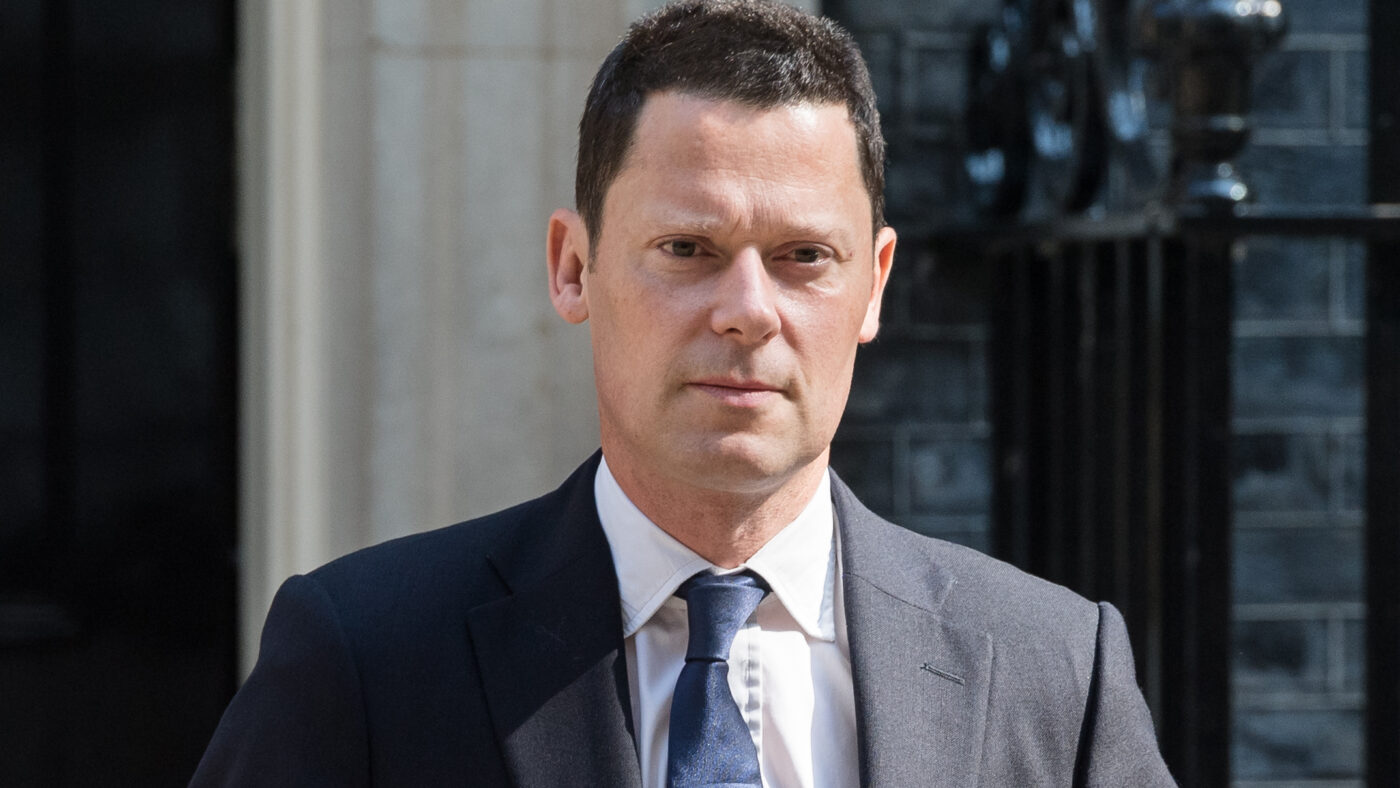Just six months ago, in October 2023, Alex Chalk, Secretary of State for Justice, announced a range of reforms to sentencing alongside an early release scheme, designed to stop our prisons from running out of space. At the time many commentators, myself included, said that these changes wouldn’t solve the problem, and would only buy a little more time.
On Tuesday, Chalk was back in the Commons, likely nudged by the prison system being expected to run out of space by Easter. There are currently 88,200 prisoners, meaning only 839 places remain across the entire system. He began by talking about tougher, longer sentences. Chalk promised 10,000 more prison places by the end of 2025. Which is convenient, as the Government’s own forecast suggests there will be 99,500 prisoners by November 2025. All those longer sentences mean a relentlessly expanding prison population.
Growth is also being driven in part by the growing remand population; as the courts’ backlog continues to increase, more prisoners are spending longer in prison awaiting trial. Chalk’s proposed ‘remote crown court’ and faster bail applications may help, but if prisoners are genuinely believed to pose a risk, then they won’t be released before trial. Increasing capacity in our courts, which must include better pay for the Criminal Bar, is the only way to solve this problem.
Most offenders serve half of their sentence and the other half in the community, under the supervision of the Probation Service. During this period ‘on licence’ people can be sent back to prison if they behave in a way which causes concern. Probation’s job is to protect the public, and supervise the offenders so that they don’t reoffend and are not recalled to prison, but the recall rate is up 13% year-on-year. Probation is suffering a ‘staffing crisis‘, and many inexperienced staff are terrified of overseeing someone who commits a serious further offence. Probation needs more resource, more staff and a serious review of its policies.
The Secretary of State seemed to recognise all this; he emphasised the Government’s commitment to repatriating Foreign National Offenders, who can now be returned to their country of origin up to 18 months before their expected release date. While Chalk told us that over 4,000 were returned last year, this needs to be understood in context. There are over 10,000 foreign nationals in our prisons, and almost 12,000 living in the community. That being said, the new agreement with Albania, and the willingness to block visa applications from countries which don’t have a removal agreement in place with the UK are welcome.
He also announced that Probation’s focus will be on higher risk offenders and the early days after release from prison. Now lower-risk offenders will receive less contact with probation in the later parts of their period on licence. The idea is that more contact in these early days will reduce reoffending and recalls to custody. However, this ignores the Government’s own research. In 2015, the Government published ‘The Offender Management Community Cohort Study’, a substantial piece of research which followed almost 3,000 offenders from 2009-2010 over a number of years. The idea was to establish what kind of Probation supervision actually works. The researchers’ conclusion was that frequent meetings with probation officers were not particularly effective; what mattered was the quality of those interactions and relationships. The report actually recommended ‘fewer, longer meetings’. Given this research, it’s unclear why the Government is pursuing a policy of more meetings.
The last major policy proposal was the most controversial; the ‘temporary’ scheme, announced in October, under which prisoners can be released up to 35 days early is to be varied so releases will occur up to 60 days early. Such early releases may undermine trust in the justice system. As Shabana Mahmood pointed out when she responded to Chalk’s statement, the Government’s lack of transparency about how many prisoners are being released early and from which prisons will only exacerbate this. There is also the danger that an already overstretched Probation Service struggles to handle an influx of thousands of additional people requiring supervision, and that we simply see a further increase in the recall rate.
All of these changes at the margins don’t make enough difference to save the prison system. All the Secretary of State has done is kick the problem a little further down the road. At some point an election must come, and then it will be someone else’s problem. Eventually though, either Chalk or his successor needs to enact serious changes to the prison system. As I wrote for CapX last year, a substantial expansion of the open prison estate could be achieved quickly and cheaply, and create the opportunity for low risk prisoners to earn money, pay taxes and compensate their victims while ensuring they are less likely to offend after release. The current system is failing, and must be changed.
Click here to subscribe to our daily briefing – the best pieces from CapX and across the web.
CapX depends on the generosity of its readers. If you value what we do, please consider making a donation.


